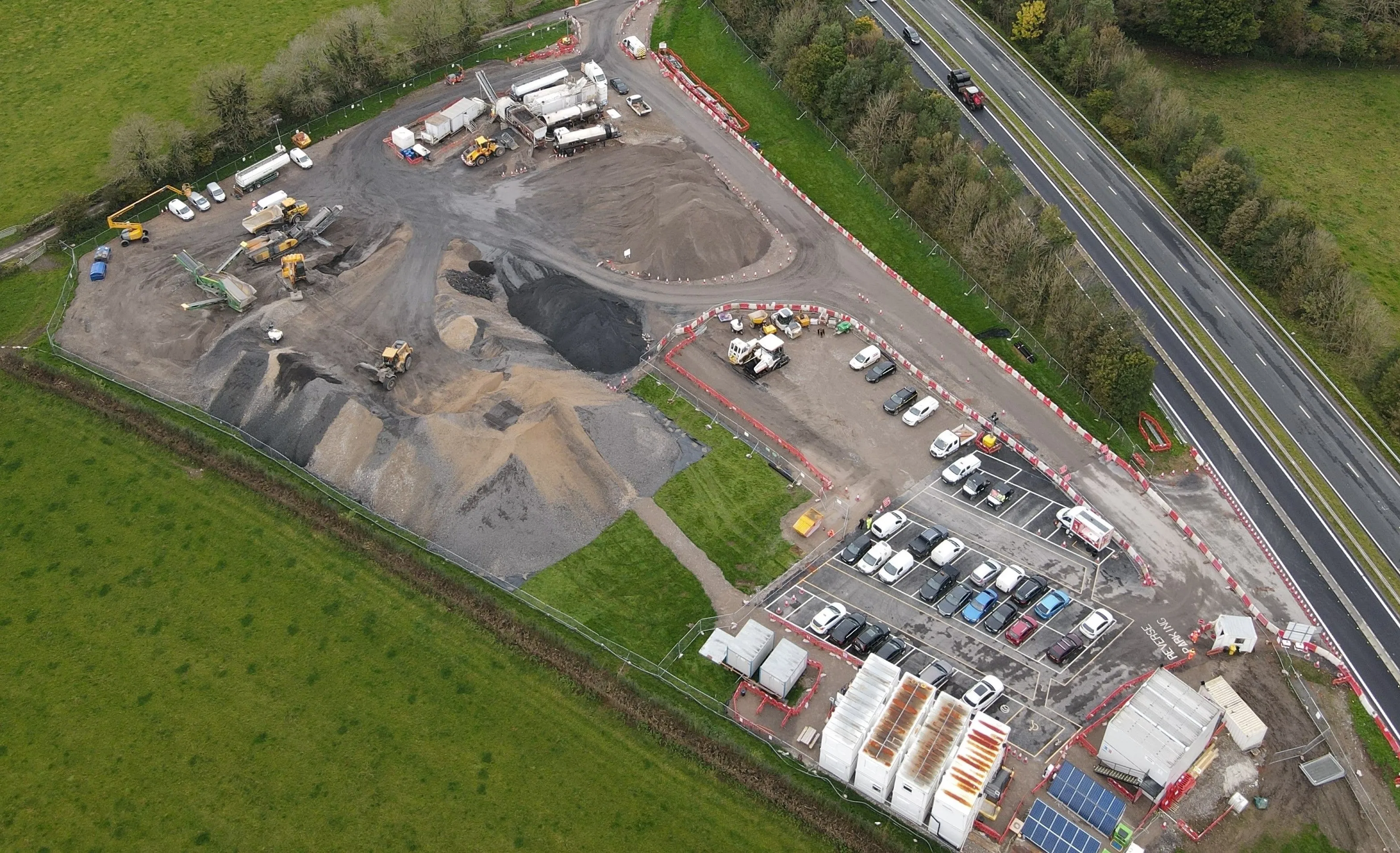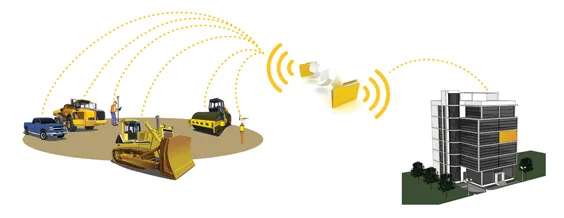
Telensa Smart Streetlight Controls have been deployed as part of Edinburgh’s 64,000-light Energy Efficiency Programme.
All 64,000 units are
Telensa PLANet is a wireless management system that centralises remote control of the city’s lighting through wireless nodes that connect individual lights.
PLANet provides real-time monitoring to identify and track faults, thereby removing night-time patrols to identify faulty lights. It also measures energy consumption and submits the information directly to a meter administrator to increase the accuracy of energy billing.
The result is reduced energy and maintenance costs, according to Telensa which is based in Cambridge, UK, and manufactures with
Meanwhile, in Australia, Telensa has been selected by Sunshine Coast Council to deploy its PLANet street lighting system for a 24-month pilot in the Maroochydore City Centre development.
The Maroochydore development will create a new capital city for the region with smart technology embedded from the outset. The Telensa pilot is to demonstrate the social, environmental and financial benefits of adaptive street lighting. It will also show the potential for adding smart city sensors such as for air quality, traffic analytics and waste monitoring.
“With no legacy infrastructure to remove or replace on the 53ha greenfield site, we have a unique opportunity to create a business district with unprecedented communications and technological abilities,” said John Knaggs, chief executive of SunCentral, the company overseeing design and delivery of the project.









